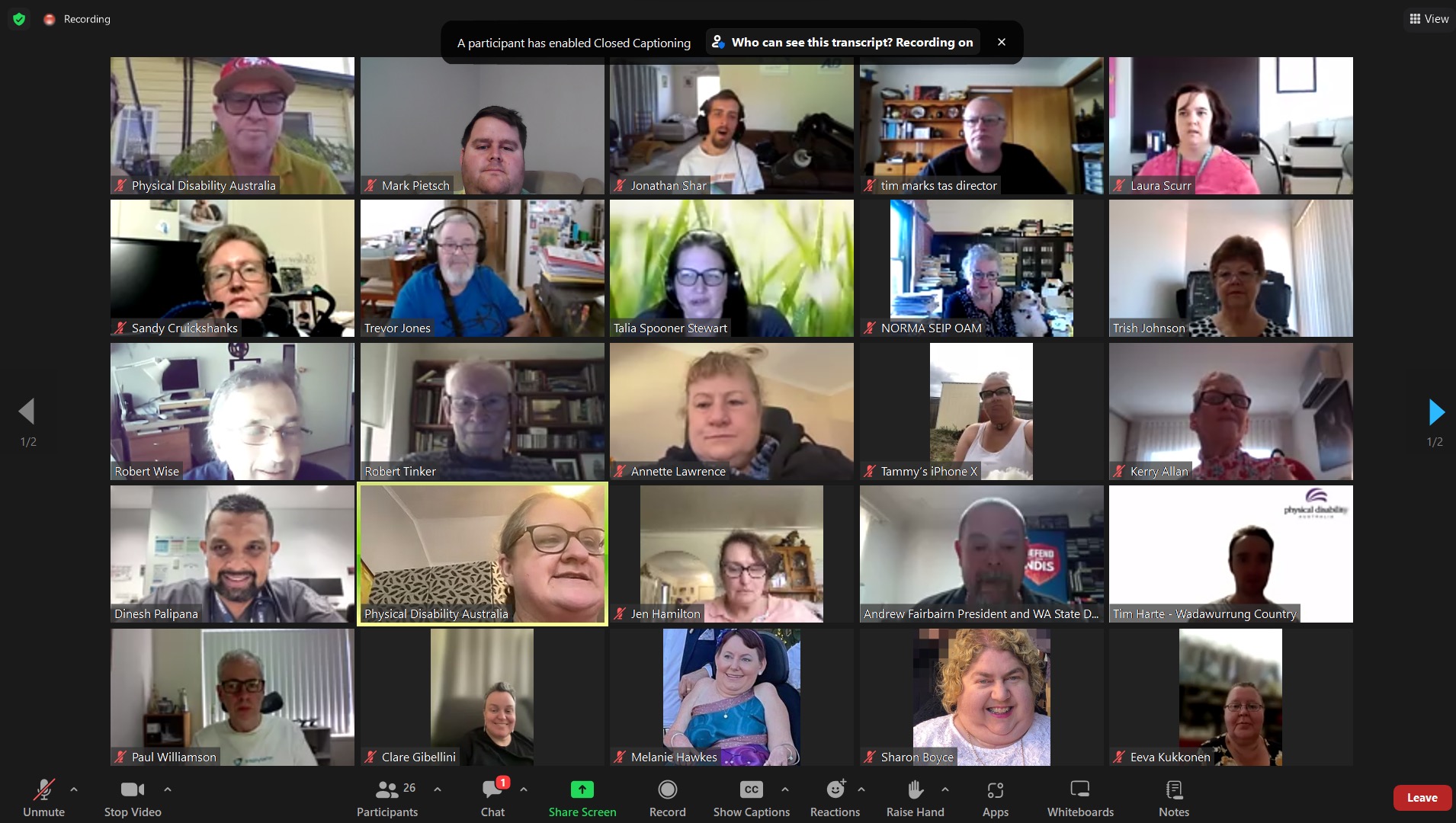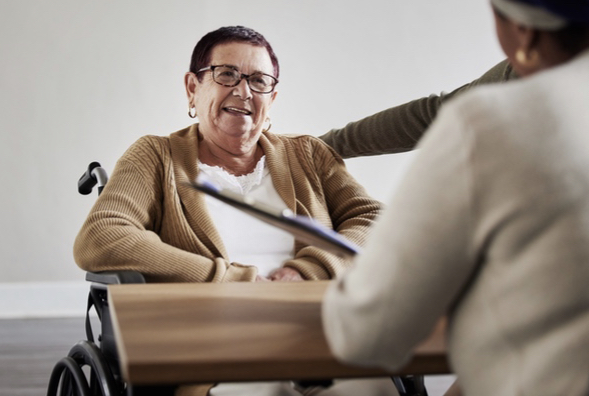Written by Paul Williamson- PDA ACT Associate Director
With all the discussion and focus on the National Disability Insurance Scheme (NDIS), it can be easy to overlook the fact that only a relatively small proportion of people living with disability are participants in the scheme.
Data from the Australian Bureau of Statistics shows that approximately 4.4 million people in Australia report living with a disability. The National Disability Insurance Scheme (NDIS) reports that 610,504 people are participants in the NDIS as at the end of June 2023. This represents only 13% of people living with disability in Australia.
So what supports are available for people with disability who are not scheme participants?
The answer will come as no surprise to many people with disability – relatively few. The Federal Minister for the NDIS, the Hon Bill Shorten MP, has even conceded this point, echoing the widespread view in the disability community that the NDIS is becoming ‘the only lifeboat in the ocean’.
It’s a big ocean
There are limited measures provided by the Commonwealth Government intended to address gaps in services for people not eligible to join the NDIS. The delivery of services for people with disability was largely the remit of state and territory governments prior to the introduction of the NDIS in 2013. It was envisaged that state and territory governments would continue to deliver services to people not eligible to join the NDIS after its introduction, however this is not what has happened in many cases.
States and territories still provide some funding, though many programs that were previously funded have transitioned into the NDIS, and what is left provides only limited support.
In the ACT for example, the main publicly funded support for people not on the NDIS include the following:
- * Community Assistance & Temporary Supports (CATS) program which provides short-term support for people with a health issue, illness or injury. There is no age restriction, and eligibility criteria include (as well as living in the ACT):
- * Be ready to leave hospital but unable to access the supports to help you return home safely through an existing program (such as the NDIS or Commonwealth aged care program).
- * Have a health condition that is temporary or terminal, and not likely to get assistance through another program such as the NDIS or Commonwealth aged care program.
The program commenced on 1 October 2023, drawing several closing programs together, and has a modest annual budget of around $8 million dollars. I say modest as the program applies to all people, not just people with disability, and a large proportion of recipients are likely to be the elderly.
- * Integrated Service Response program which provides short-term co-ordination support for people with high or complex support needs, and funding to purchase emergency supports and services from non-government providers. Many recipients of support under the scheme are already NDIS participants. The program has an annual budget of approximately $1.1 million dollars.
The ACT Government concedes that it is a ‘program of last resort’.
- * The Disability Gateway provides links to information about services for people with disability in each state and territory. Many of these services however appear mostly to be available to people with NDIS funding or operate on a full fee for service model.
There is also some funding for advocacy services and things like concessions on utilities and transport vouchers.
Implications
For the majority of people living with disability, this means that they must fund their own supports – that, or rely on friends, family or volunteer services for assistance when required. Not an ideal situation for some of the most vulnerable people in the community who often struggle to find secure, stable employment.
It really shouldn’t be that surprising that we have seen a stampede of people seeking to join the NDIS – some even seeking access prospectively, just in case their condition deteriorates. It also explains the angst on the part of participants and the disability community any time the issue of scheme sustainability or eligibility is raised.
The NDIS was designed to operate on a 50:50 cost sharing arrangements between the Federal and state/territory governments, however due to the current capped nature of state and territory government contributions – the Federal Government is currently meeting around 70 per cent of the NDIS budget. By 2026-27, that figure is expected to reach 75 per cent.
At the end of June 2023, the value of plan budgets in the ACT was $702 million. Based on the original cost sharing arrangement, the ACT Government’s share of this would be $351 million. In 2022-23, the ACT is expected to contribute $189.9 million.
The progressive cost shifting to the Federal Government makes the spend on the part of the ACT Government (outside of its existing NDIS contribution) seem modest indeed.
Way forward
The National Disability Insurance Agency forecasts that the number of NDIS participants will reach $1 million within the next decade, and value of the program reach close to $100 billion annually.
There is a range of proposals being considered by the NDIS Independent Review to ensure funding for the NDIS is secured well into the future. Increasing the proportional increase in contributions by state and territory governments should be one of them.











